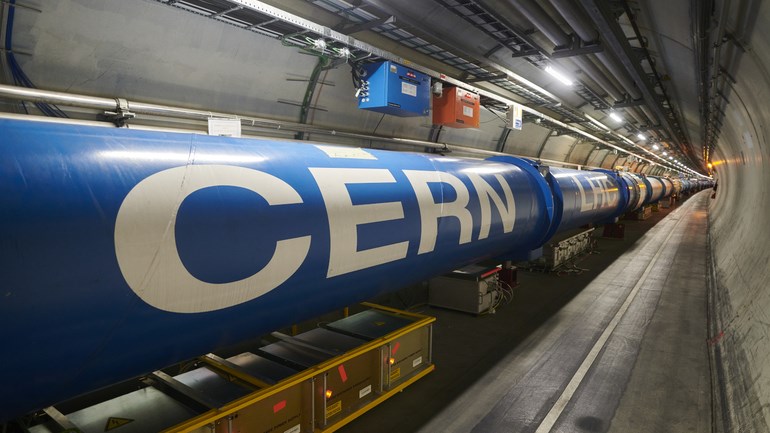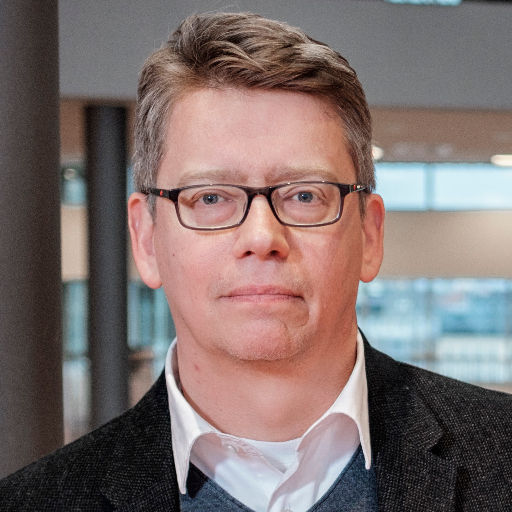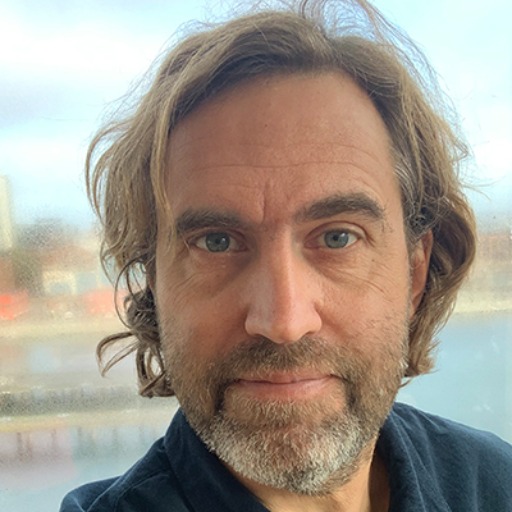CERN trains researchers at Malmö University

CERN is considered the leading laboratory in the world for high-energy physics and the world's largest laboratory for research in particle physics.
CERN, the world's largest laboratory for particle physics research is, for the first time, to hold a thematic computer training programme for young researchers not only in Sweden but at Malmö University.
The theme of this year's programme revolves around machine learning and the school will focus on both this theme and AI applied to data analysis and accelerator technology.
Malmö University was chosen for various reasons: firstly, it is a strategically located city, but it is also a city that is going through a huge change.
Kristina Gunne
“We see it as a recognition that CERN has identified our research environment as suitable for hosting this event in one of our most important focus areas. I believe and hope that these researchers will come here and discover our competencies and the opportunities we offer,” says Professor Paul Davidsson, Director of the Sustainable Digitalisation Research Centre at Malmö University.
For one week (8-14 June), the University will host 40 young researchers from 20 different nationalities: not only from Europe but also from countries like China, India, Iran and Russia.
Kristina Gunne is based at CERN in Switzerland, where she is responsible for research training programmes.
“Our School of Computing was established back in 1970 and has trained thousands of students worldwide. One of our main missions is to create a common scientific culture in computing among young scientists and engineers involved in particle physics and other sciences,” she says.
The week will start with an Opening Session, where everyone is welcome. In addition to those responsible from CERN, Malin Ideland, pro-vice-chancellor for research and doctoral education at Malmö University, and Annika Annerby Jansson, Chair of the Regional Council of Region Skåne (co-financier of the programme) will be present.
"We arrange this educational programme in various locations in Europe, and this is the first time we have located a thematic school in Sweden, and Malmö University was chosen for various reasons: firstly, it is a strategically located city, but it is also a city that is going through a huge change, for example in higher education. I contacted Professor Paul Davidsson, who welcomed us,” says Gunne.


